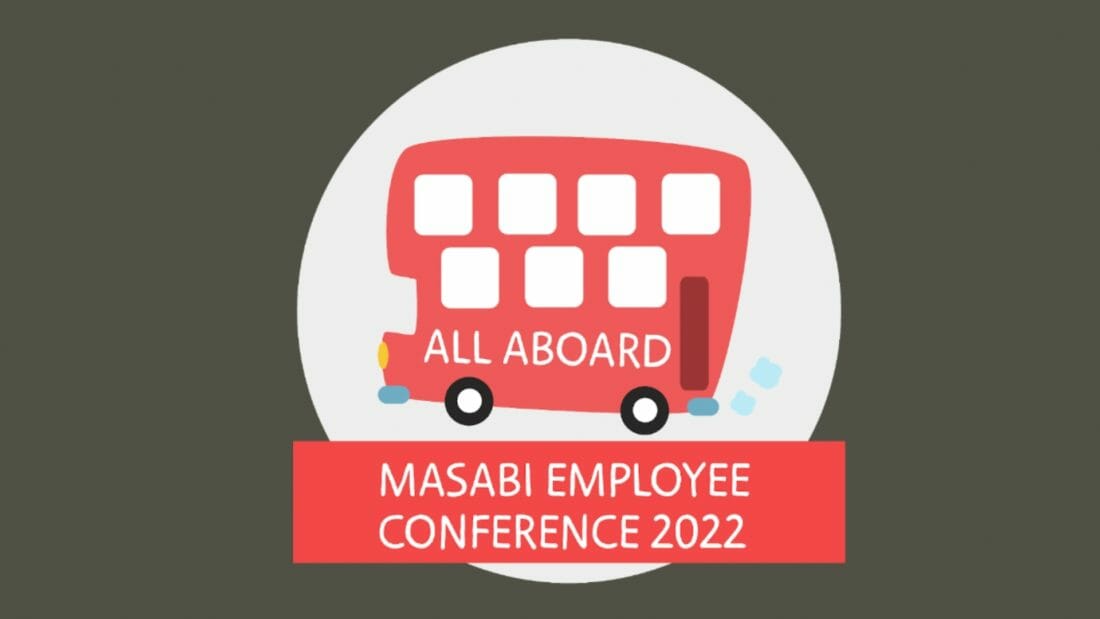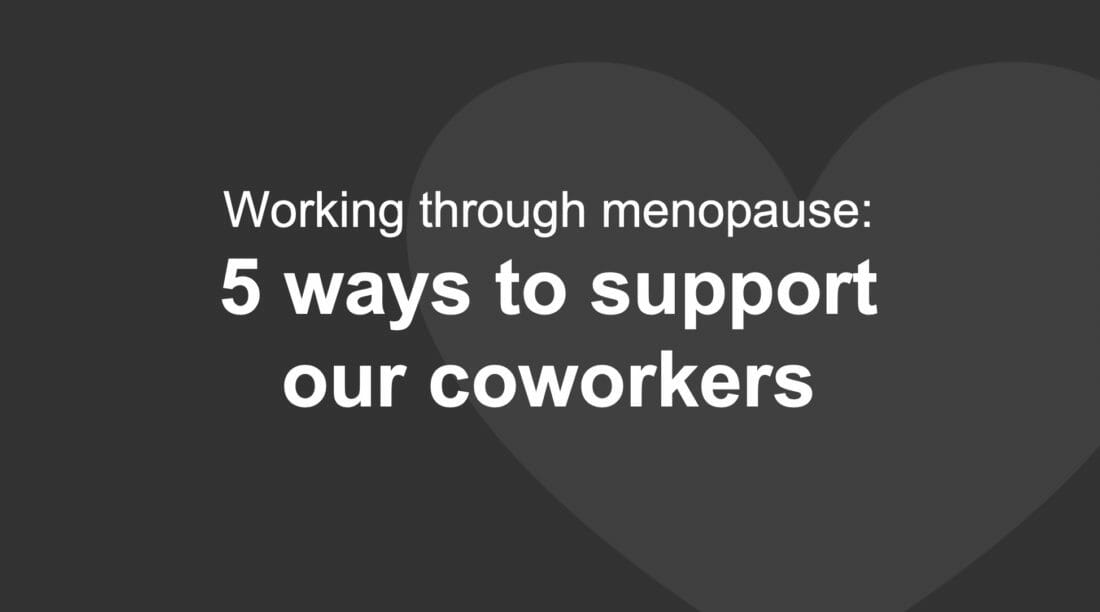
Emerging Stronger
The last 18 months have been a testing time for businesses and their employees around the world.
Faced with an unprecedented threat and no clear playbook on how to respond, Masabi – like thousands of other companies – was forced to ‘fly blind’ and respond instinctively to a constantly shifting set of challenges which, at times, seemed almost existential.
In the coming years, the question: “So what did you do during the pandemic?” will animate a million dinner table conversations and we are constantly quizzed about what shaped our Covid response by everyone from prospective candidates to investors and industry peers.
The underlying rationale was driven by just one thing: our response to Covid should demonstrate to the world what we really care about as a business.
So here’s an overview of the big decisions we took, seen from the perspective of our most valued resource: our people.
“Adversity does not build character, it reveals it.”
James Lane Allen
From the very outset, before any mandatory restrictions were in place, we chose to put our employees’ wellbeing ahead of all other considerations.
Early in March 2020, we realised that the only way to beat the pandemic would be to work together as a community. So before government guidance required it, we asked our entire global workforce to start working from home in order to slow the spread. Being fortunate enough to be able to work from home, we felt we had a social responsibility to do so.
Travel policy was adjusted so that nobody was obliged to make any journey they or we didn’t feel was safe. Our business travel policy continues to be reviewed on a case by case basis. As a global business with an international footprint, we understand the importance of face-to-face meetings, but the wellbeing of our employees and our clients’ employees remains the primary consideration.
In order to facilitate major decisions about living arrangements during the pandemic, in September 2020, we announced that no person would need to work in any office until at least July 2021. This was updated in June 2021 with our return to office policy, which is designed around maximum flexibility for staff:
-
- We will continue with our hybrid working model, supporting employees who are fully remote, office based and just about everything in between.
- We expect most employees who used to be 100% office based, to convert to either fully remote or to spend 3 days or less per week in the office. This will largely be their choice.
- Employees will now also be able to work from any country in the world for up to three months each year (tax laws permitting).
We gave all employees a home working allowance for things like a chair or desk, but recognising that not everyone had a great work set up at home and needed more support, in August 2020 we opened the UK and Romania offices in a Covid-secure way for roughly 15 per cent of the workforce who needed the space more than most.
Family-friendly working
Early on we recognized that lockdown and home schooling would take its toll on the parents in our team. We gave guidance to prioritise family commitments such as childcare and home schooling and asked teams to be mindful of meeting times, ensuring parents could prioritise their childcare responsibilities.
During the second lockdown in the UK, when primary care facilities closed down, we gave parents up to two additional days off per week in order to look after their young ones, knowing that it would be impossible for them to juggle full time employment with full time childcare.
This benefit was implemented in all countries where care facilities were affected and we made it clear that the time need not be worked back into their work schedules. We also removed caps on holiday rollovers.
Supporting each other
Because the sectors we operate in all but closed down almost overnight in Spring 2020, we had to make some tough decisions.
Like any business relying on revenues from public transport, Masabi was directly affected and had to take urgent corrective action to see us through the worst of the slowdown.
Before reviewing headcount, the following measures were quickly implemented:
-
- Our executive team took a roughly 20 per cent reduction in pay between April and December 2020, with our CEO taking a larger reduction than that.
- We asked most other staff to take a 12.5 per cent reduction in their pay in exchange for a 12.5 per cent reduction in hours, for the same period.
Public transit ridership plummeted in the early weeks of the pandemic and remained lower for months, hitting our clients’ fare revenues hard and putting our balance sheet under severe pressure. As the weeks turned into months and ridership numbers struggled to recover, we were eventually forced to let a small number of staff go.
We hate letting people go as people are our most valuable assets and this was an incredibly difficult decision to take, but in order to protect other roles, it was pretty much unavoidable. We made full use of the furlough system in the UK for as long as we felt it was appropriate but reluctantly had to say goodbye to 11 people across the global business.
When these redundancies were announced in a staff meeting, something pretty amazing happened.
One of our employees asked if they could take a larger reduction in pay in order to save more roles. Others echoed this incredibly generous gesture.
After much consideration and number crunching, we concluded that this was not a viable approach, but we did want to find a way to channel the generosity on show.
So we set up a gofundme account which employees could donate to, and set up a committee to decide how to allocate the funds. In the end, after founders and executives matched other contributions, employees donated more than $9,000, which was used to help a small group of ex-employees find their feet.
We remain bowled over by the gratitude and sense of community shown by our employees as we navigated this difficult period.
Protecting mental health
Covid has been incredibly tough on people’s mental health and many continue to struggle, but we believe we were ahead of the curve here and the investment we made in mental health in previous years really paid off for the business and our employees.
Since 2016, Masabi has been on a journey to make it easier to talk about mental health in the workplace and we recognise that employers have a responsibility to create a safe place for people to stay healthy mentally and to provide tools, signposts, time… whatever people need.
We understand that 1 in 4 people in the world each year will suffer with some kind of mental illness and we put employees’ mental wellbeing at the heart of every decision we make. Looking after and talking about mental health has been embedded within the cultural DNA of the company for more than five years.
We wanted to normalise the use of talking therapies and introduced external therapists (paid for by Masabi) for people to see if they felt they needed additional support.
We also Introduced ‘Masabi Talks’ sessions where people have spoken openly about their own struggles and how they navigated their journey. We even have guided mindfulness meditation hosted by one of our own employees.
As part of our response, we brought in best-selling author on wellbeing Jon Wortmann to run a three-part series on mental well-being and avoiding burnout at our monthly All Hands meetings.
So the sudden focus on mental health precipitated by the pandemic was perhaps not as new to us as it was for so many other companies. We did not have to pivot into a new way of thinking in order to consider our employees’ mental health in the new world of remote working.
That’s not say the transition to home working was easy. For many – it wasn’t – but because we already had the fundamentals in place and the infrastructure set up, we feel we were in a good position to provide the additional support required.
So where are we now?
While the pandemic put the whole public transit sector under enormous pressure, it has also accelerated changes that were already underway and shifted transit authorities’ priorities.
Many authorities are now looking to bring forward investments in smart ticketing and payments to protect staff and improve resilience, and Masabi is well placed to help them deliver the transition to Fare Payments as a Service.
We’re now very much back in expansion mode and – having hired 40 people across the business this year – we are recruiting for a further 30 roles in software engineering, business development, operations, support and admin.
After more than 18 months of uncertainty, it feels great to be back on the front foot and in good shape to capitalise on the exciting opportunities emerging in the Fare Payments revolution.
If you’re as excited as we are about the future of transit and ticketing, start your journey with Masabi here.
John Scrooby
Head of People Operations







